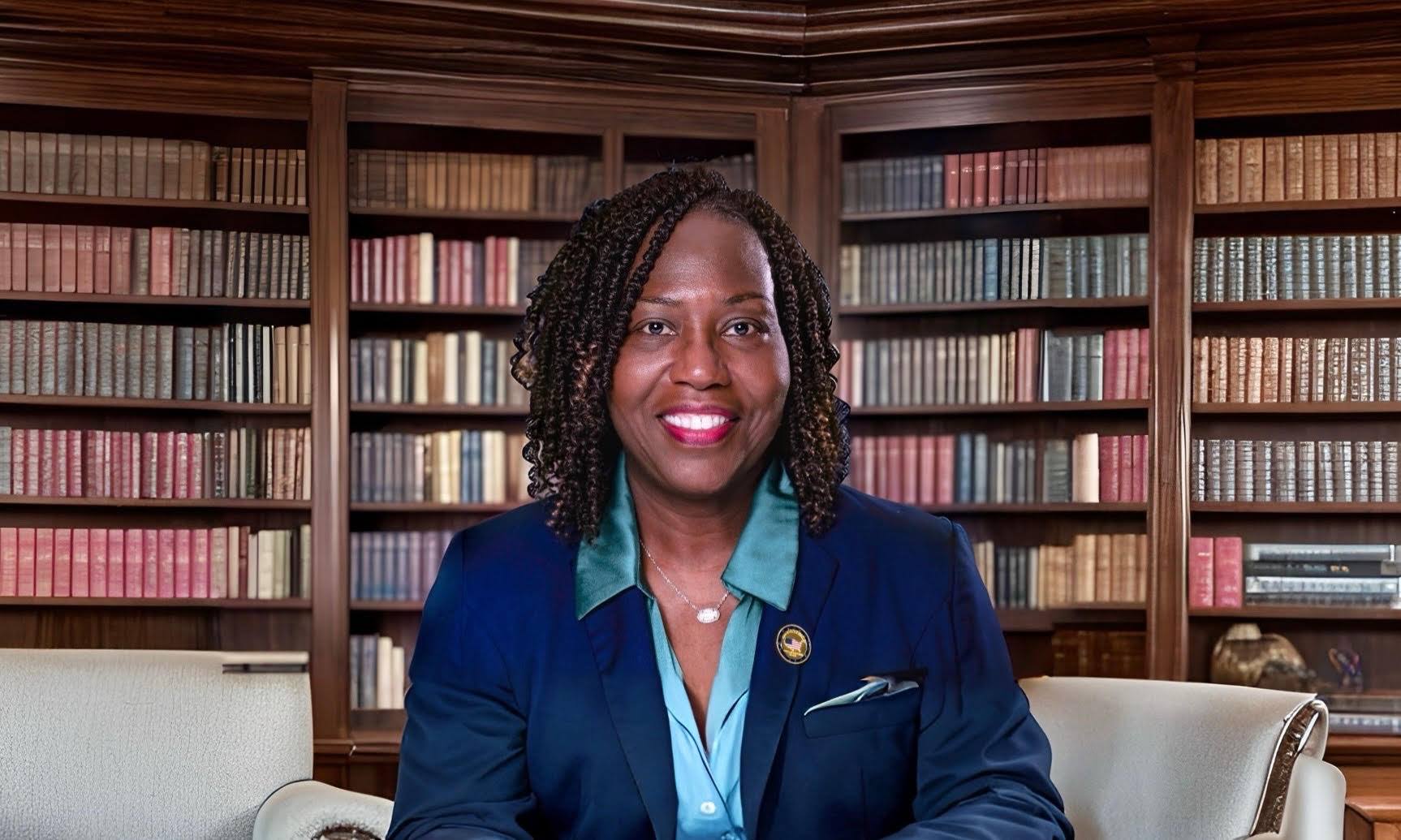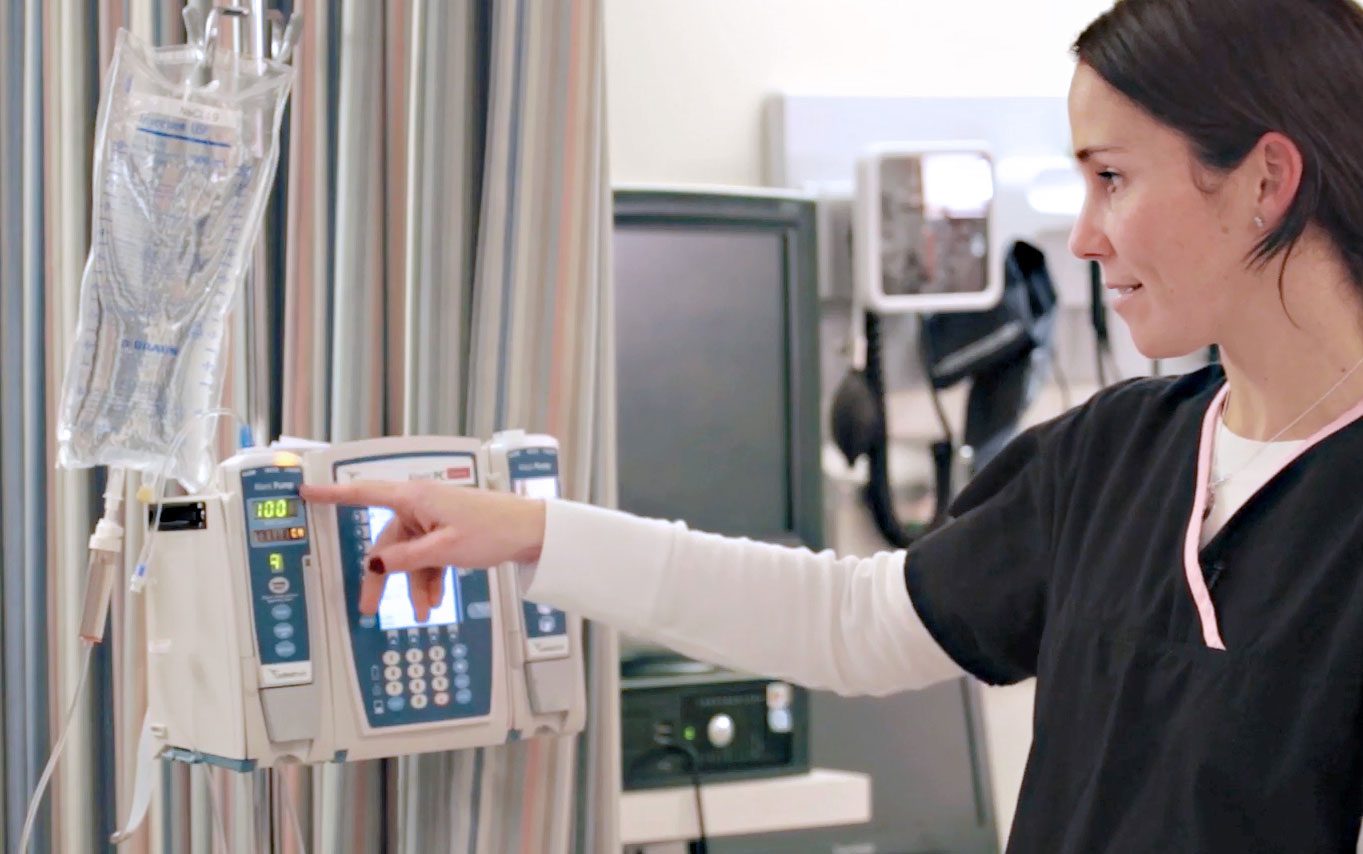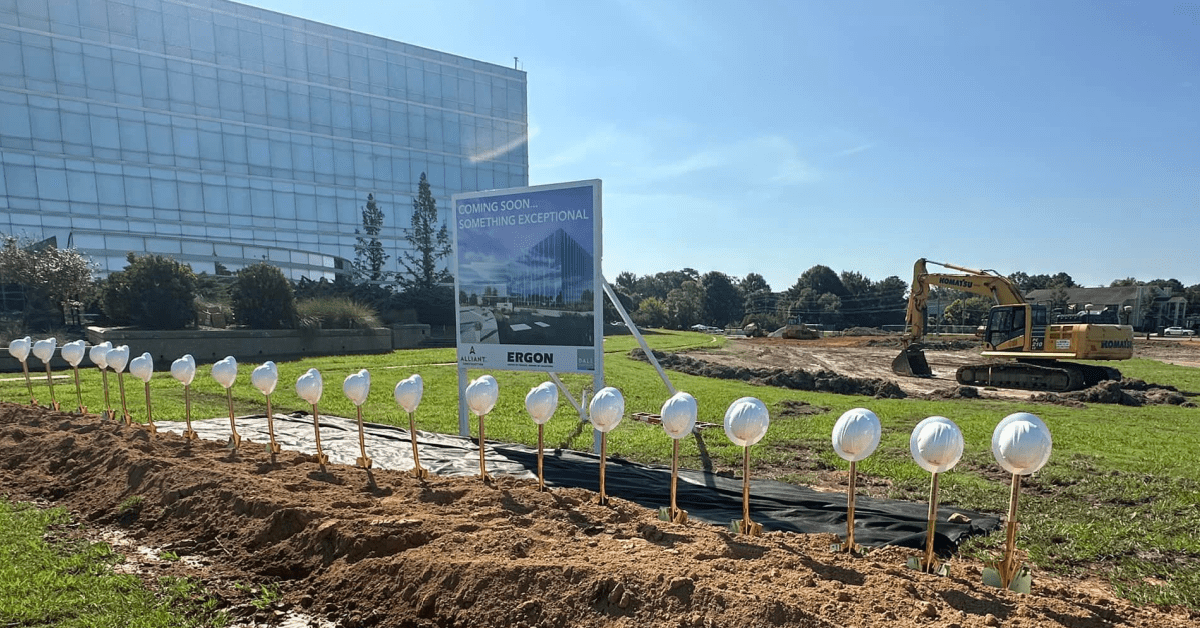
- George said USDA is very popular in Mississippi, and while the public is generally aware of its existence, many don’t always realize just how much the agency has to offer.
In 2009, Dr. Trina N. George was appointed state director for the U.S. Department of Agriculture (USDA) Rural Development in Mississippi. In 2022, she was again selected to serve in the same role under the Biden Administration. During her first term as state director, George was named among the nation’s 15 Unsung Heroes by the USDA’s Organization of Professional Employees. She’s a mother of three ––all of whom are serving in the U.S. Armed Forces.
George earned an undergraduate degree from Mississippi Valley State University, a master’s degree from Mississippi State University, and a PhD in public policy and administration from Walden University. Harvard University’s Kennedy School of Executive Education granted her a specialized certification in Creating Collaborative Solutions: Innovations in Governance.
She began her career in public service in the nonprofit industry, working with youth programs, healthcare projects, and GED programs statewide. After working for more than 15 years in U.S. Rep. Bennie Thompson’s office, she was named the first African American woman to serve as state director for Rural Development.
George chatted with Magnolia Tribune about preparation for the job, how her work increases economic development, and her record-breaking accomplishment of facilitating affordable housing for Mississippians.
What preparation did you have for the position of USDA Rural Development State Director?
I began my career working in local government and with nonprofit organizations, and this has provided me with invaluable experience in understanding various community needs, building relationships, and navigating government processes. I was also previously employed with the Office of Congressman Bennie G. Thompson, where I served as special project coordinator. This role allowed me to directly engage and support the surrounding communities of western Mississippi, assisting constituents with rural housing, water and wastewater, and infrastructure needs. We relied on our federal partners to assist constituents, particularly USDA, because agriculture plays such a large role in Mississippi’s economy. This helped provide a better understanding of the various programs and initiatives offered by the USDA, such as agricultural production, food safety, nutrition programs, and rural economic development.
Building relationships with key stakeholders in the agricultural community, government officials, community organizations, and the private sector kept me informed on current agricultural policies, regulations, and developments at both the state and federal levels, and this hands-on experience prepared me for my appointment as the USDA Rural Development State Director for Mississippi in 2009 with the Obama Administration. This opportunity enabled me to continue serving the people of Mississippi, facilitating programs that resulted in the distribution of billions in federal loans and grant funds to rural communities.
How does your work fit into economic development?
As state director of USDA Rural Development, the work I do plays a crucial role in economic development in Mississippi. USDA Rural Development offers a variety of programs and resources aimed at improving infrastructure, creating jobs, and supporting businesses in rural areas. By implementing these programs effectively, Rural Development has helped stimulate economic growth, increased access to essential services like healthcare and education, and enhanced the overall quality of life for residents in rural Mississippi.
My role involves collaborating with local communities, businesses, and government agencies to identify needs, provide funding, and support projects that promote sustainable economic development in the state. By leveraging USDA Rural Development resources and expertise, we have made a significant impact on the economic well-being of rural Mississippians.
In fiscal year 2023, you led the Mississippi Rural Development Single-Family Housing team’s record-breaking accomplishment of obligating more than $46.9 million in funding. How were you able to address affordable housing in Mississippi in such a way, with higher interest rates impacting construction, and people being priced out of certain areas?
To address affordable housing challenges in Mississippi, amidst higher interest rates and rising home prices, we’ve employed a few key strategies: Partnerships are key. We work closely with local governments, non-profit organizations, and private developers to leverage resources and expertise for affordable housing projects. We’ve explored alternative financing options such as low-interest loans, tax credits, and grants to make housing more affordable for low and moderate-income families. We’ve focused on streamlining processes and reducing administrative burdens to make it easier for developers to access funding and start construction projects more quickly. We’ve also conducted outreach and education campaigns to raise awareness about affordable housing programs and resources available in Mississippi, helping more people get access to the assistance they need.
By combining these strategies and working collaboratively with stakeholders, we were able to make significant progress in addressing affordable housing challenges in Mississippi, despite the prevailing economic conditions.
What ongoing problems are facing impoverished counties in Mississippi, and what policies and programs are needed to help alleviate those conditions?
I’m a native Mississippian, born and raised, and when I’m traveling around the state, I constantly see new opportunities to advance the state. When folks from our national office or prospective private interests visit Mississippi for business development, they have a great time and usually leave with new perspective on the state, the wonderful people living here, and the growth potential the state has, but it’s not without its challenges.
Eighty percent of the state is rural by our standards, and many of these small communities have been systemically underserved, or outright unserved, and some of this has been intentional, which has given us a reputation that can sometimes hurt us as we try to attract new businesses and residents. We’re still facing many of the issues that plague rural communities nationwide, such as aging infrastructure, inadequate housing, and lack of access to healthcare services; while we’ve improved our standing in educational rankings, we’re still ranked in the lower half of the country, and we’re among the lowest ranked states in terms of high-speed internet access.
Many of our programs are aimed directly at addressing these disparate conditions. We’re one of the largest affordable housing lenders, and nearly all our programs have exceptionally favorable loan terms for municipalities and small businesses, often leaving us as a favored partner and a lender of last resort for many in need of assistance.
Additionally, we have many grant funding opportunities for non-profits, community-based organizations, and municipalities aimed at addressing economic disparities. We’ve made direct investments that improve rural clinics and hospitals by funding renovation and modernization efforts, provided distance learning and telemedicine funding for healthcare facilities and school systems, replaced aging water infrastructure, and expanded access for many to high-speed internet with programs like our ReConnect program and by partnering with state leaders like Sally Doty with the Broadband Expansion and Accessibility in Mississippi (BEAM) office on internet expansion programs and funding.
I believe continued cooperation between state and federal partners and buy-in from local stakeholders will help improve many of these conditions over time.
Do you believe that enough Mississippians and eligible borrowers or grant recipients are aware of the programs offered under the USDA Rural Development umbrella?
USDA is very popular in Mississippi, and the public is generally aware of our existence, but they don’t always realize just how much we have to offer them, particularly those programs that aren’t directly related to production agriculture. My staff and I are always on the road traveling across the state to publicize our programs, and I always stress the importance of accessibility to my staff. Over the years, it’s been my experience that even when folks read about a funding opportunity in the local paper or hear about a recently completed project we’ve funded on the local news, they don’t always know the best way to get started, and they oftentimes have issues making it to one of our offices.
To address this, we’ve begun bringing our staff directly to the public. One example: our Buy It, Build It, Fix It series of outreach meetings, which brings program specialists directly to small rural communities and gives them the opportunity to ask any questions they might have and get assistance with the funding application process. We’ve had great success with this approach, and we emphasize that we’re always available to engage with local community stakeholders.
Between your terms as state director, you worked with city government. How has this experience added to your ability to affect positive change in rural Mississippi?
Anyone that has worked for a member of the state or congressional delegation or has worked for a government agency will tell you that you must have a heart for service. As public servants, we encounter people from all walks of life, and whether it was in my role as interim city manager and director of personnel in Grenada, or as state director for Mississippi, it’s my job to help you anyway that I can, regardless of your racial, socioeconomic, or political background.
Working with government leaders at all levels and bridging the divide between public and private sector interests requires coalition building to achieve the common goal of improving the quality of life for rural Mississippians. We’re all team Mississippi over here.
#####











